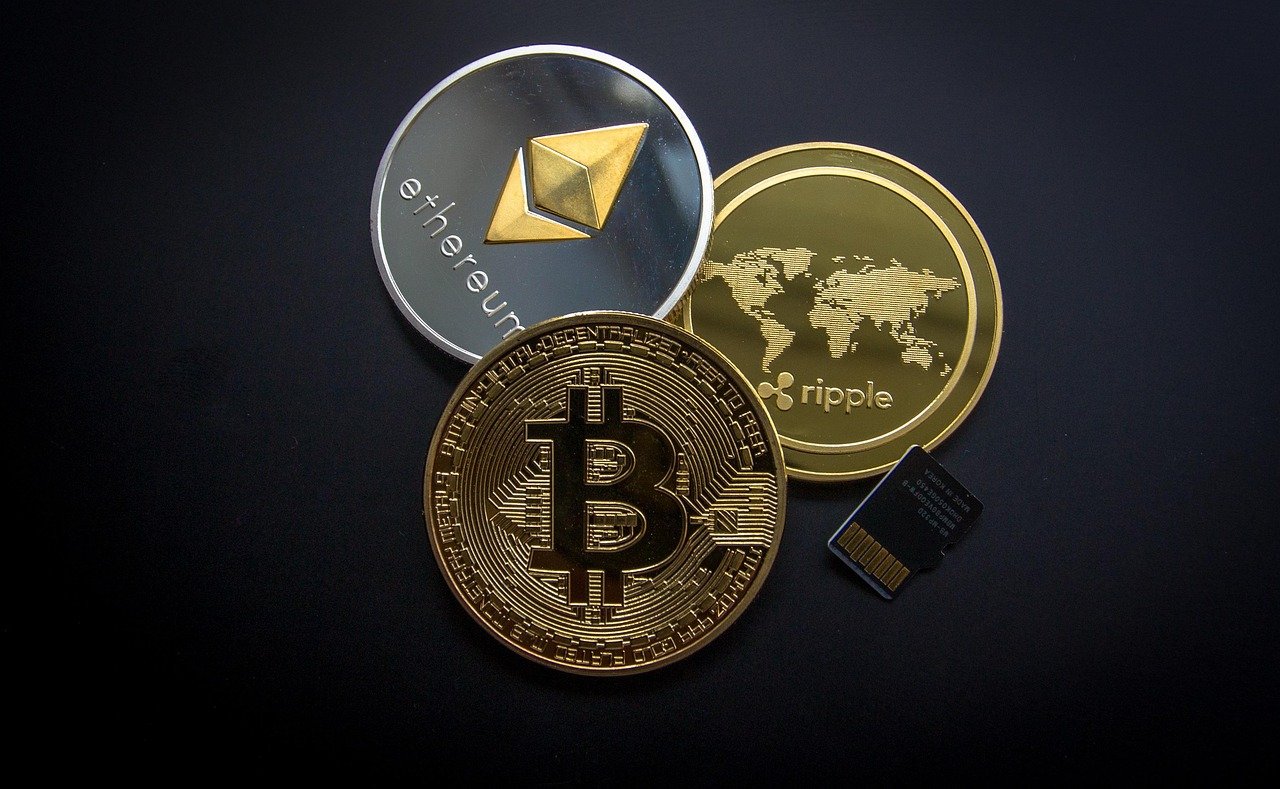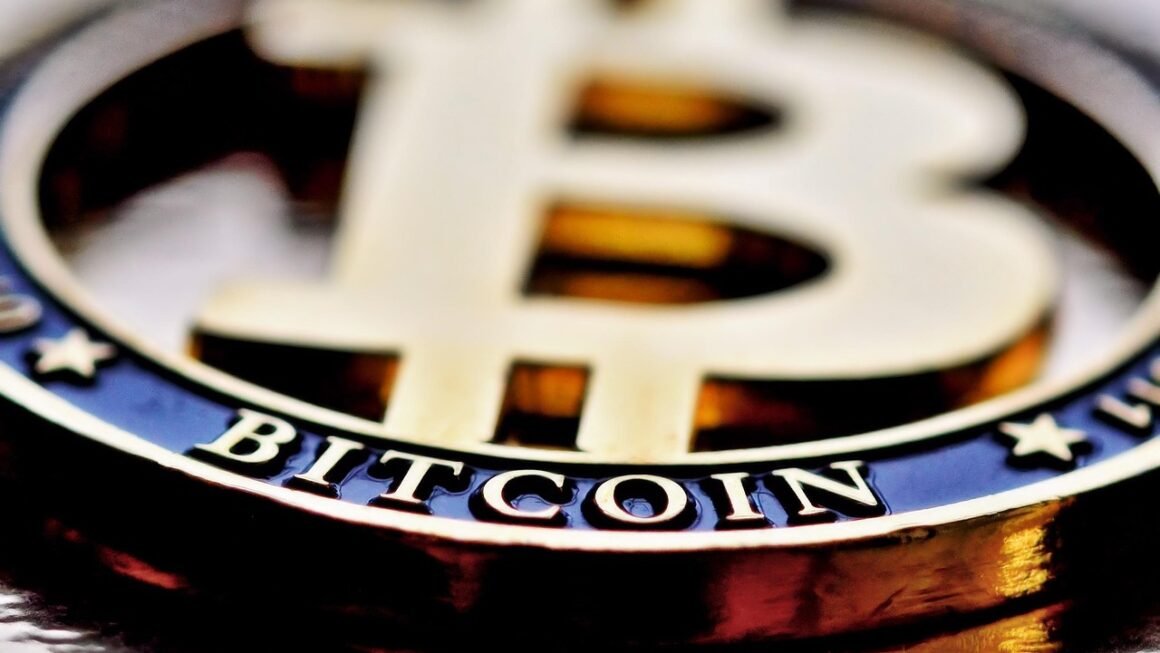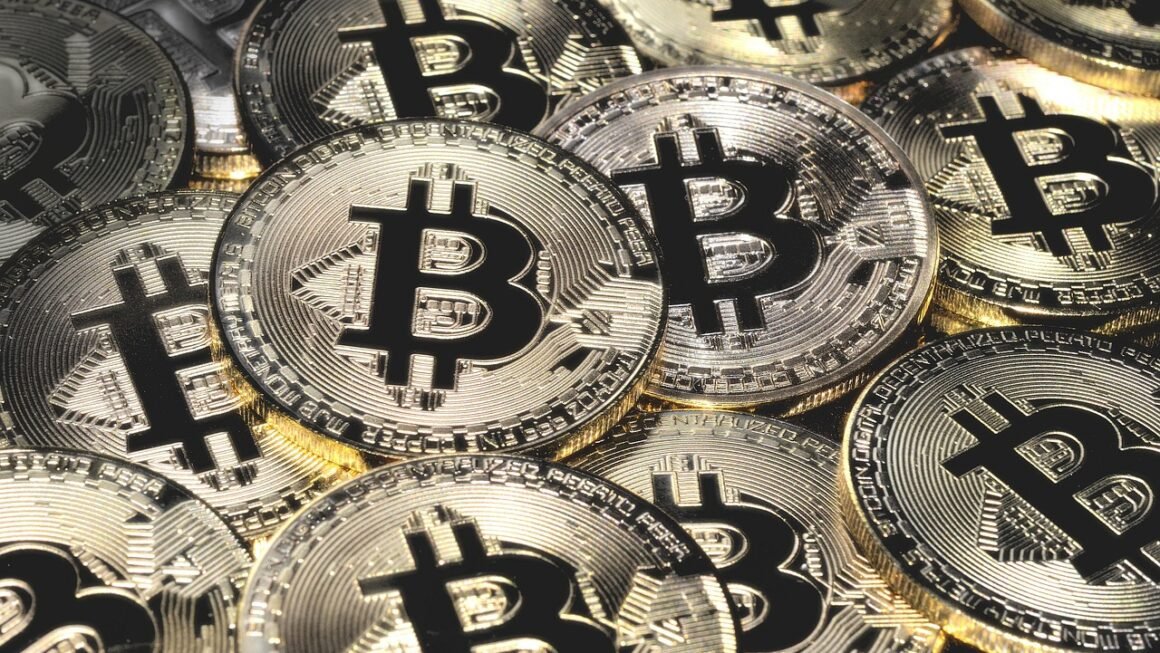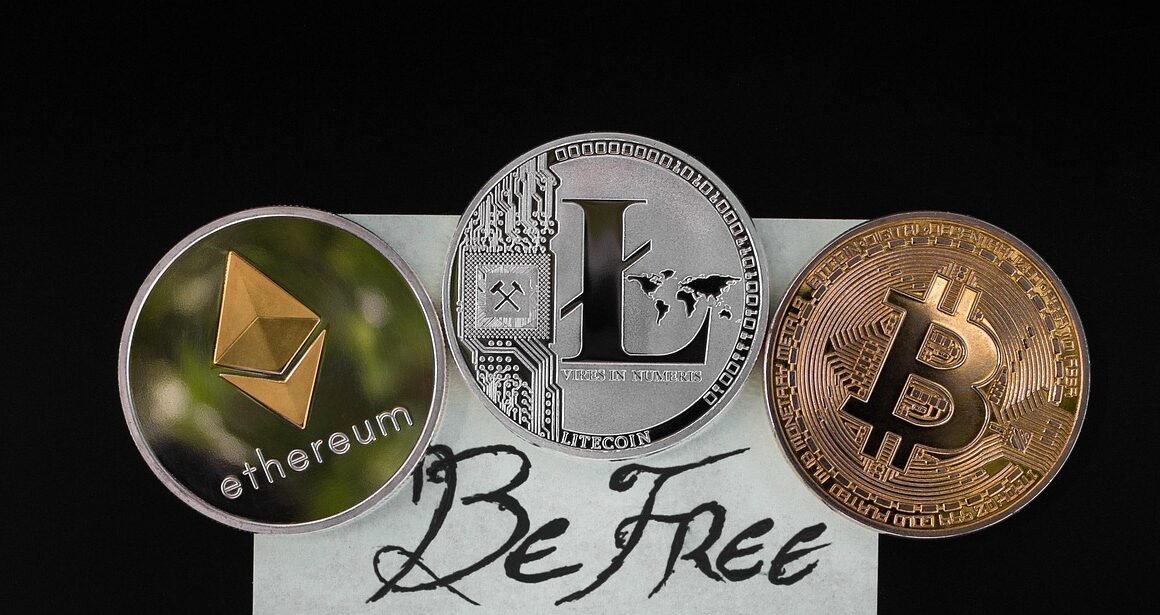The rise of decentralized autonomous organizations (DAOs) has brought a new dynamic to how projects and protocols are managed. At the heart of this movement are governance tokens, digital assets that grant holders the power to participate in decision-making processes. These tokens aren’t just about holding value; they’re about shaping the future of the projects you believe in. This blog post will delve into the world of governance tokens, exploring their functionality, benefits, and how they are revolutionizing the landscape of digital ownership and influence.
Understanding Governance Tokens
Governance tokens are a type of cryptocurrency token that allows holders to participate in the decision-making processes of a blockchain project, protocol, or decentralized autonomous organization (DAO). They represent a share of influence and voting power within the ecosystem. Think of them as digital voting rights, enabling token holders to propose and vote on changes, upgrades, and resource allocation within the project.
What Makes Governance Tokens Unique?
Unlike traditional cryptocurrencies like Bitcoin, which primarily function as a store of value or medium of exchange, governance tokens offer an additional layer of utility: participation.
- Voting Rights: Token holders can vote on proposals related to the protocol’s development, fee structures, partnerships, and other critical aspects.
- Proposal Submission: In many cases, token holders can also propose changes themselves, contributing directly to the project’s evolution.
- Decentralized Decision-Making: They promote a more decentralized and democratic approach to project governance, shifting power away from centralized entities.
- Incentive Alignment: By giving users a stake in the project’s success, governance tokens align incentives between the development team and the community.
Common Use Cases of Governance Tokens
Governance tokens are used in a variety of DeFi and blockchain projects. Here are some notable examples:
- DeFi Protocols: Platforms like MakerDAO (MKR) use governance tokens to manage the stability of the DAI stablecoin. MKR holders vote on stability fees, collateral types, and other risk parameters.
- Decentralized Exchanges (DEXs): Uniswap (UNI) allows UNI holders to vote on protocol upgrades, token listings, and the allocation of treasury funds.
- DAOs: Projects like Aragon (ANT) provide tools for creating and managing DAOs, and governance tokens are integral to the operation of these organizations.
- Gaming Platforms: Some blockchain-based games use governance tokens to let players influence game development and economy.
- Social Media Platforms: Emerging decentralized social media platforms are exploring the use of governance tokens to give users control over content moderation and platform policies.
The Benefits of Governance Tokens
Governance tokens offer several advantages to both project developers and token holders, contributing to the overall health and sustainability of the ecosystem.
For Project Developers
- Decentralization: Distributes decision-making power, mitigating the risk of a single point of failure.
- Community Engagement: Fosters a more engaged and invested community.
- Innovation: Allows for diverse perspectives and ideas to shape the project’s direction.
- Resilience: Makes the project more resistant to censorship and external influence.
For Token Holders
- Influence: Provides a voice in shaping the future of the project.
- Potential Rewards: Participating in governance can lead to rewards, such as airdrops or staking incentives.
- Alignment of Interests: Ensures that the project’s goals align with the interests of its community.
- Value Appreciation: Successful governance and project development can drive up the value of the token.
- Example: Consider a scenario where a DeFi protocol is considering adding a new collateral type. Governance token holders can vote on whether or not to accept the collateral, based on their assessment of its risk and potential benefits to the protocol. This ensures that the community has a say in important decisions that affect the protocol’s health.
Risks and Challenges
While governance tokens offer numerous benefits, they also come with certain risks and challenges that need to be considered.
Low Participation Rates
- Problem: A small percentage of token holders may actively participate in governance, potentially leading to decisions being made by a limited group.
- Mitigation: Implementing mechanisms to incentivize participation, such as rewards for voting, can help address this issue.
“Whale” Domination
- Problem: A few large token holders (“whales”) can disproportionately influence governance decisions.
- Mitigation: Proposals like quadratic voting, which gives more weight to smaller holders, can help mitigate the influence of whales. Delegated voting, where smaller holders delegate their votes to more informed parties, is another solution.
Governance Attacks
- Problem: Malicious actors can acquire a significant amount of governance tokens to manipulate the system for their benefit.
- Mitigation: Implementing measures like time-locked voting and requiring a quorum for proposals to pass can help prevent governance attacks.
Complexity
- Problem: Understanding complex governance proposals and making informed decisions can be challenging for the average token holder.
- Mitigation: Providing clear and concise information about proposals, as well as educational resources, can help improve participation rates and ensure that decisions are well-informed.
Examples of Successful Governance Tokens
Several projects have successfully implemented governance tokens, demonstrating their potential to drive positive change and foster community ownership.
MakerDAO (MKR)
- Function: MKR holders vote on stability fees, collateral types, and other parameters that affect the DAI stablecoin.
- Success: MakerDAO’s governance model has helped it maintain the stability of DAI and adapt to changing market conditions.
Uniswap (UNI)
- Function: UNI holders vote on protocol upgrades, token listings, and the allocation of treasury funds.
- Success: Uniswap’s governance model has enabled it to evolve and remain a leading decentralized exchange.
Compound (COMP)
- Function: COMP holders vote on changes to the Compound protocol, including interest rate models and supported assets.
- Success: Compound’s governance model has helped it become a popular lending and borrowing platform in the DeFi space.
- Actionable Takeaway: When evaluating projects that use governance tokens, look for those with active and engaged communities, transparent governance processes, and mechanisms to mitigate the risks of whale domination and governance attacks.
How to Participate in Governance
Participating in governance involves several key steps, from acquiring the necessary tokens to actively engaging in discussions and voting on proposals.
Acquiring Governance Tokens
- Purchase: Buy governance tokens on cryptocurrency exchanges like Coinbase, Binance, or Kraken.
- Staking: Earn governance tokens by staking other cryptocurrencies on specific platforms.
- Liquidity Providing: Receive governance tokens as rewards for providing liquidity to decentralized exchanges.
- Airdrops: Sometimes, projects distribute governance tokens to early adopters or community members.
Staying Informed
- Project Website: Regularly check the project’s official website for updates and announcements related to governance.
- Community Forums: Engage in discussions on platforms like Discord, Telegram, and Reddit to stay informed about proposals and express your opinions.
- Governance Portals: Use governance portals like Tally or Boardroom to track proposals, view voting results, and participate in discussions.
Voting on Proposals
- Read Proposals Carefully: Thoroughly review the details of each proposal before casting your vote.
- Consider the Impact: Assess the potential impact of the proposal on the project and its community.
- Cast Your Vote: Use the project’s governance portal to cast your vote, ensuring that your voice is heard.
- Tip:* Delegate your votes if you don’t have time to actively participate in governance. This allows you to entrust your voting power to someone who is knowledgeable and engaged in the project.
Conclusion
Governance tokens are reshaping the landscape of digital ownership and decision-making, offering a powerful tool for decentralizing control and empowering communities. While challenges like low participation and whale domination exist, innovative solutions are being developed to address these issues. By understanding the benefits, risks, and mechanisms of governance tokens, both project developers and token holders can contribute to the growth and sustainability of decentralized ecosystems. As the blockchain space continues to evolve, governance tokens will likely play an increasingly important role in shaping the future of decentralized organizations and protocols.



